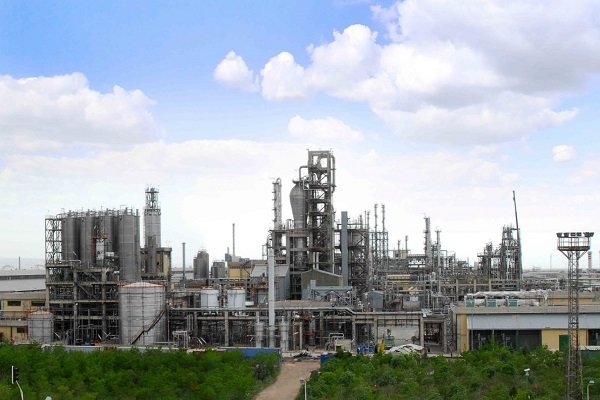Taghi Saniei said on Monday that the company has upgraded its absorption towers without the presence of its European licensor in a matter of 137 days, with some 36,000 man-hours of engineering work.
According to the official, this project was one of the major achievements of the facility which was completed for the first time in the country, adding a total of $11 million to the company’s monthly revenue.
By upgrading the towers, the plant’s production capacity rose from 460,000 tons/year to 750,000 t/y, he added.
p-Xylene (para-xylene) is an aromatic hydrocarbon. It is one of the three isomers of dimethylbenzene known collectively as xylenes. The p- stands for para-, indicating that the two methyl groups in p-xylene occupy the diametrically opposite substituent positions 1 and 4.
It is in the positions of the two methyl groups, their arene substitution pattern, that it differs from the other isomers, o-xylene and m-xylene.
All xylene isomers are colorless and highly flammable. The odor threshold of p-xylene is 0.62 parts per million (ppm).
Nouri Petrochemical Company, previously known as Borzouyeh, is one of the world’s largest production plants for aromatics, according to the company’s website.
It is a subsidiary of the Persian Gulf Petrochemical Industries Company, the biggest consortium of Iranian petrochemical producers. The plant was launched in 2007 at a cost of $240 million.
The company produced over 4.7 million tons of petrochemicals in fiscal 2016-17, its biggest output volume in the past 10 years.
MNA/SHANA

























Your Comment